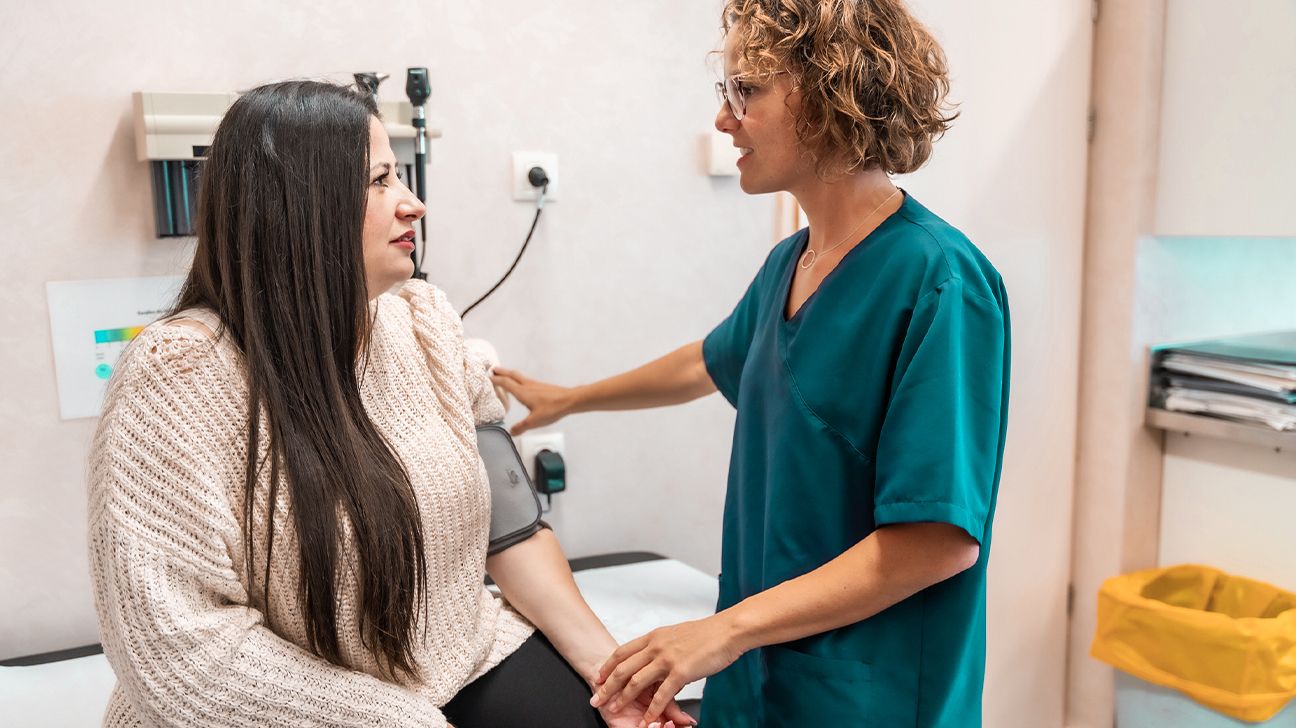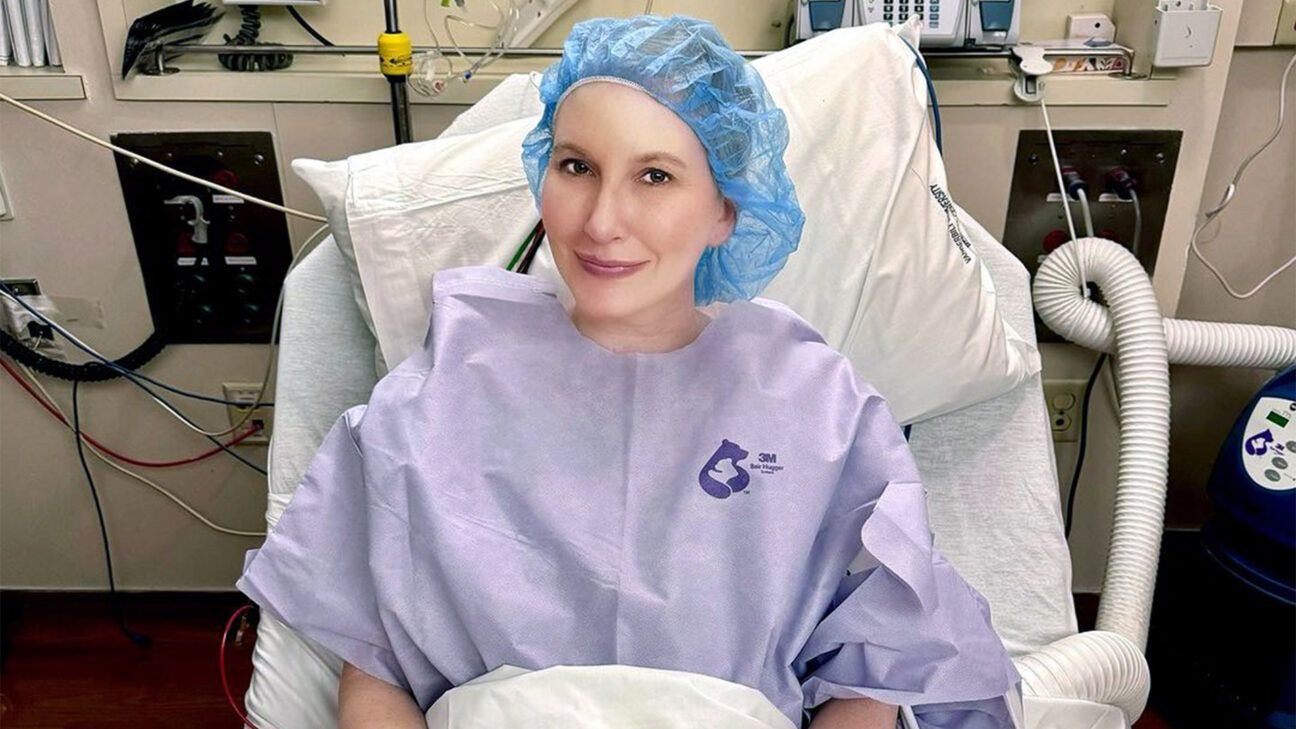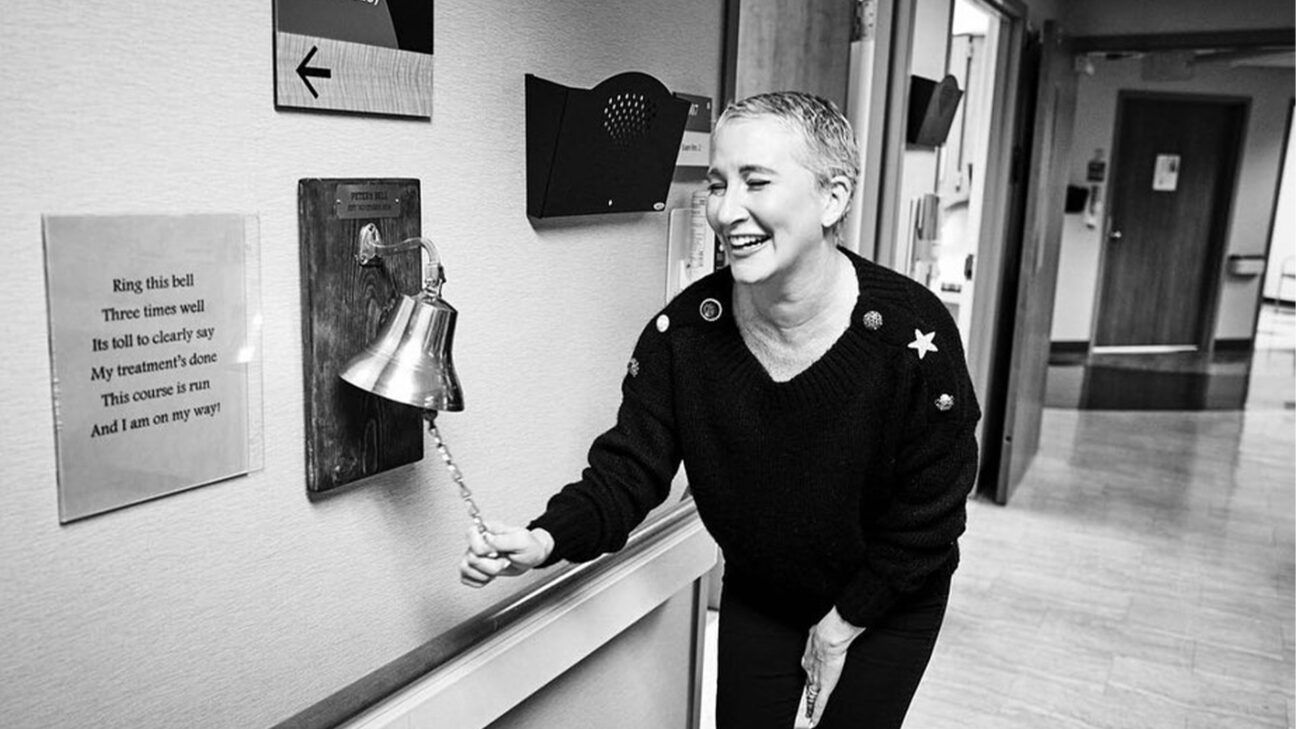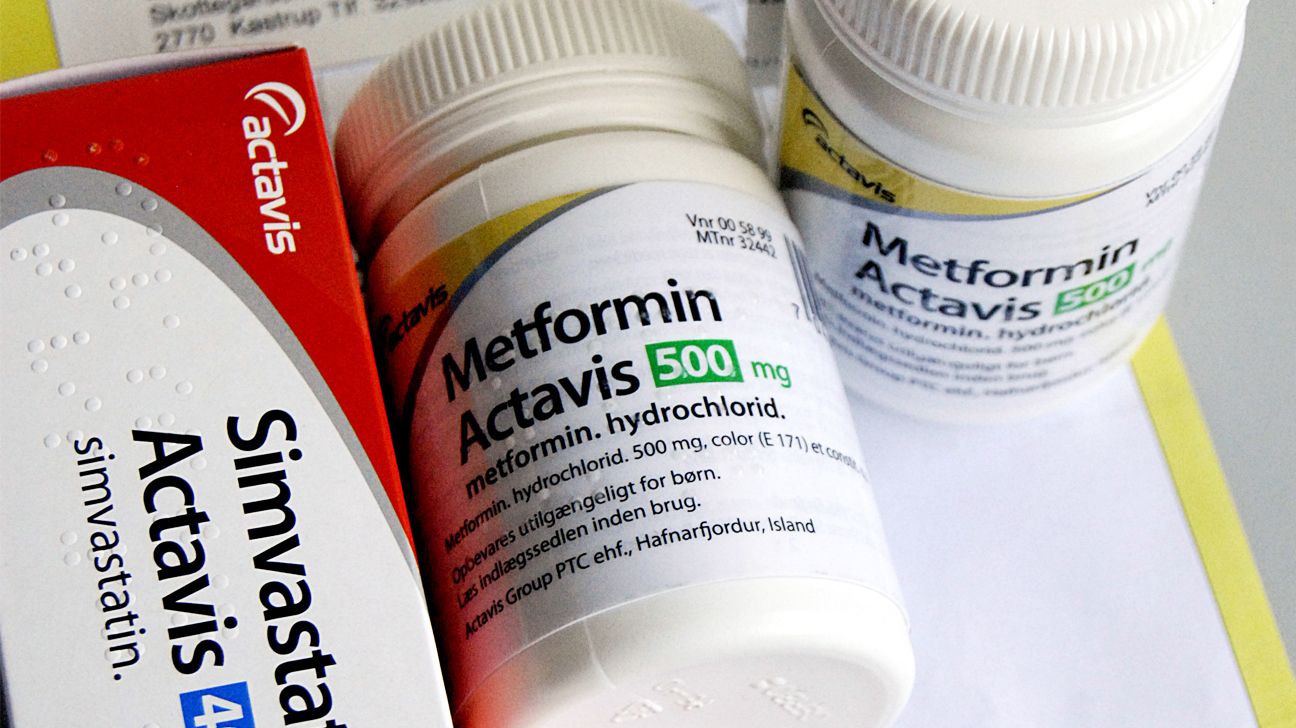Excessive Alcohol Use Linked with Higher Risk for 6 Types of Cancer

- Six types of cancer have been linked with excessive alcohol consumption, including breast, colorectal, and liver cancer, research shows.
- In 2019, 5.4% of cancers in the United States were attributed to alcohol consumption.
- People can reduce their risk of cancer by lowering their alcohol intake.
The American Association for Cancer Research (AACR) published its 2024 Cancer Progress Report on Sept. 18, highlighting a strong link between alcohol use and six types of cancer. This comes as the rates for some of these cancers are increasing among younger adults.
However, in many cases, people can take steps to greatly reduce their risk of developing certain types of cancer.
According to the AACR, 40% of all cancers in the United States are associated with modifiable risk factors, including excessive alcohol consumption, tobacco use, physical inactivity, and unhealthy diet.
By lowering their alcohol intake, people can reduce their chances of developing certain cancers.
“Increased alcohol consumption was associated with higher risks for alcohol-related and all cancers,” wrote the authors of a 2022 study cited by the new cancer report, “whereas sustained quitting and reduced drinking were associated with lower risks of alcohol-related and all cancers.”
Based on this research, people who reduce alcohol consumption or stop drinking entirely can decrease their risk of developing alcohol-related cancers by 8% and their risk of all cancer by 4%, according to the AACR report.
This was compared to those who continued to drink at their current level or increased their drinking.
Several cancers linked to alcohol use
Excessive consumption of alcohol increases the risk for six different types of cancer:
- certain types of head and neck cancer
- breast cancer
- colorectal cancer
- esophageal squamous cell carcinoma
- liver cancer
- stomach cancers
In the United States, 5.4% of cancers were attributed to alcohol consumption in 2019, according to the report. Drinking at an early age can also increase the risk of developing cancer later in life.
In addition, research shows that moderate and high levels of drinking during pregnancy can increase the chance of the child developing leukemia after birth, the AACR said.
While the report shows that overall cancer death rate in the United States declined between 1991 and 2021 — translating to roughly 4.1 million fewer lives lost to cancer — some cancers are still on the rise.
Certain types of early-onset cancers — occurring in adults younger than 50 — are increasing, including breast, colorectal and other cancer, the report found.
Many people are unaware of the cancer risks associated with alcohol use
Although cutting back on alcohol consumption can help lower a person’s chances of developing cancer, many people are unaware that alcohol is a cancer risk factor.
One survey by researchers at The Ohio State University Comprehensive Cancer Center found that 51% of people did not associate alcohol use with colon cancer. In contrast, most people identified family history as a risk factor for this cancer.
Nilesh Vora, MD, hematologist, medical oncologist, and medical director of the MemorialCare Todd Cancer Institute at Long Beach Medical Center in Long Beach, CA., pointed out that the association between alcohol and certain types of cancer is not new, with earlier research showing the same connection.
“It’s surprising to me that a lot of people, as was documented in this report, aren’t aware of that,” he said.
Part of the solution, the AACR said, is to improve public health messaging, similar to the campaigns that educated people about the dangers of tobacco, and helped drive down lung cancer deaths.
“Public messaging campaigns (such as cancer-specific warning labels displayed on alcoholic beverages) along with effective clinical strategies that reduce or eliminate alcohol consumption must be considered to reduce the burden of alcohol-related cancers,” the report said.
“This [education] starts at the primary care physician’s office,” Vora told Healthline, “where we can work on making sure patients are aware of the risks of alcohol, and as a result, make better choices for themselves.”
How to consume alcohol without increasing your cancer risk
In its report, the AACR includes recommendations for how much alcohol you can safely consume, based on the Dietary Guidelines for Americans, 2020-2025.
If you consume alcohol, it is best to do so in moderation. For women, this means one or fewer drinks per day, and two or fewer drinks per day for men.
“It’s really excessive levels of alcohol consumption that increase the risk of cancer,” said Vora, “so you want to stay under the moderate level.”
Takeaway
Excessive consumption of alcohol increases the risk for six different types of cancer: certain types of head and neck cancer, breast, colorectal, esophageal squamous cell carcinoma, liver and stomach cancers.
In 2019, 5.4% of cancer in the United States were attributed to alcohol consumption. Alcohol consumption at an early age can also increase the risk of developing cancer later in life.
People can reduce their risk of cancer by lowering their alcohol intake. The American Association for Cancer Research calls for public health messaging about the cancer-related risks of alcohol.
Excessive Alcohol Use Linked with Higher Risk for 6 Types of Cancer Read More »









